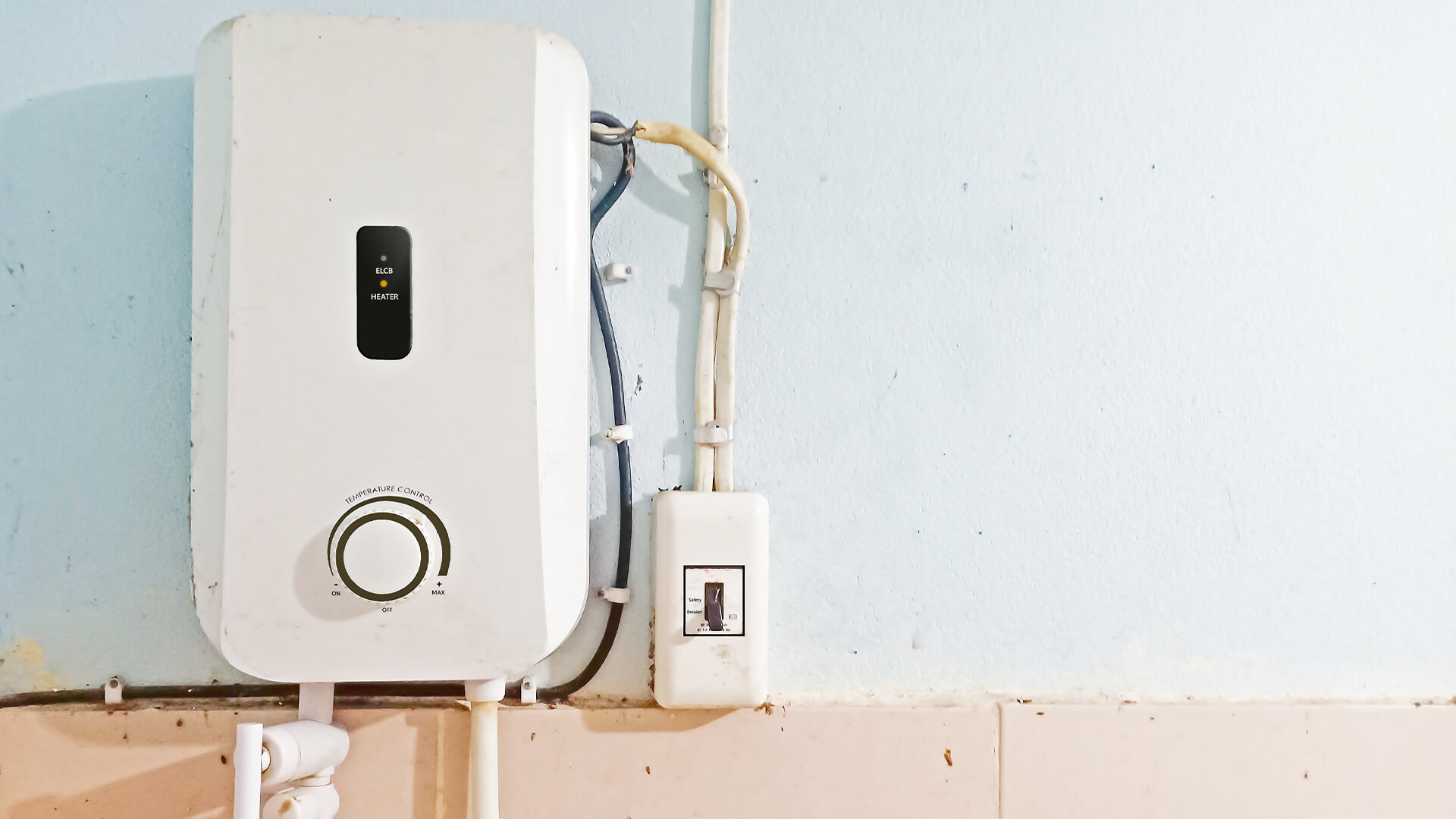A tankless water heater is considered to be more efficient than most traditional methods of water heating. This is mostly because they are able to provide hot water on demand without wasting energy on heating water that isn’t being used. Tanks store heated water and heat up the entire tank, even when you’re not using it. This wastes energy because the heater has to reheat the whole tank when you do need hot water.
Efficiency
Some people may think that a tankless water heater will operate with less efficiency in comparison to other types of heaters, like those that use convection or resistor coils. However, this couldn’t be further from the truth – tankless units provide an average heating performance that is remarkably similar to that of a traditional gas water heater. The real benefit of these units is that they provide hot water when you want it without wasting energy. A traditional gas tank unit will always have some loss due to the heat not being used and reheated on a daily basis.
Durability
The average working life of an electric unit is roughly 20-25 years, which means that this investment should last you quite some time – keeping your energy bills low and ensuring that you don’t have to replace it until you are ready to adequately manage the installation on your own. Most homeowners can easily figure out how to operate and maintain these water heaters when they encounter problems down the road. If you need another reason to think about getting a tankless system installed in your home, most utility companies offer discounts for new homes that use alternative energy sources as well as incentives for switching over from gas storage systems that are not at least Energy Star compliant (which most pre-1994 models are not).
Cost
The average cost for one of these units is $400-$1,000 depending upon the model installed in your home. This can be a bit pricey but done correctly, it will definitely pay off over time as electricity gets expensive by the year. There aren’t many savings in purchasing an electric or propane tankless unit if you live in an area where utilities aren’t very expensive – these units won’t prove too much better than any standard gas storage heating system. If you live in a high-cost area, however, the savings will be noticeable after a few months of usage.
Hassle-Free Installation
There’s no need for gas lines or hot water plumbing systems to install one of these in your home. All you have to do is mount it on a wall next to an electrical outlet, which can be done by anyone with minimal knowledge on how electric circuits and plumbing work – just make sure the unit is properly grounded!
Space-Saving Design
Tankless heaters offer several distinct advantages over traditional tank units that aren’t yet widely utilized in the U.S. market (even though they’ve been used for years in Europe). Rather than installing bulky storage tanks, tankless gas models can be placed anywhere there’s electricity, eliminating the need for any extra space in your house or yard. You can even install them inside your house without worrying about excessive heat levels, and they are easy to relocate if you need a little extra space in the future.
Low Temperatures
If you have noticed that your shower seems less warm than it used to be, this is most likely due to the hot water tank system slowly starting to lose its ability to store heated water – causing your showers not only feel cooler but also make you use more hot water for each one as well. Tankless systems avoid this problem by allowing users access to hot water at any time, which reduces the amount of energy used to reheat cold or lukewarm water that is constantly being wasted in standard storage tanks.
Less maintenance
Maintenance does not have to be performed until after ten years of service. No need to check the anode rod like you will need to do with a tank heater. Just make sure your filter is clean at all times, and there is no sediment build-up in your incoming water supply, and all should be well for many years.
One thing to keep in mind is that you will need to know how deep your well pump is if your tankless water heater does come up for maintenance. If you have a tanked water heater, and you are using electricity to heat the water, you will definitely want to consider a tankless unit instead. A tanked water heater usually heats the water to about 140-degrees (Fahrenheit use), and when the water is heated for you, much of it will be wasted. A tankless unit will heat the water to the temperature you need, and little or no energy will be lost.
It’s clear that the tankless water heater is a great way to provide hot water for a variety of uses without the need for storage. It can be installed in spaces with limited space, and it doesn’t need upkeep like other HVAC systems. The tankless technology works by heating the water as needed and the unit is less expensive to operate than traditional heaters. Like we mentioned, there are many benefits to investing in a tankless water heater, including efficiency, cost, durability, hassle-free installation, space-saving design, and less maintenance.





























